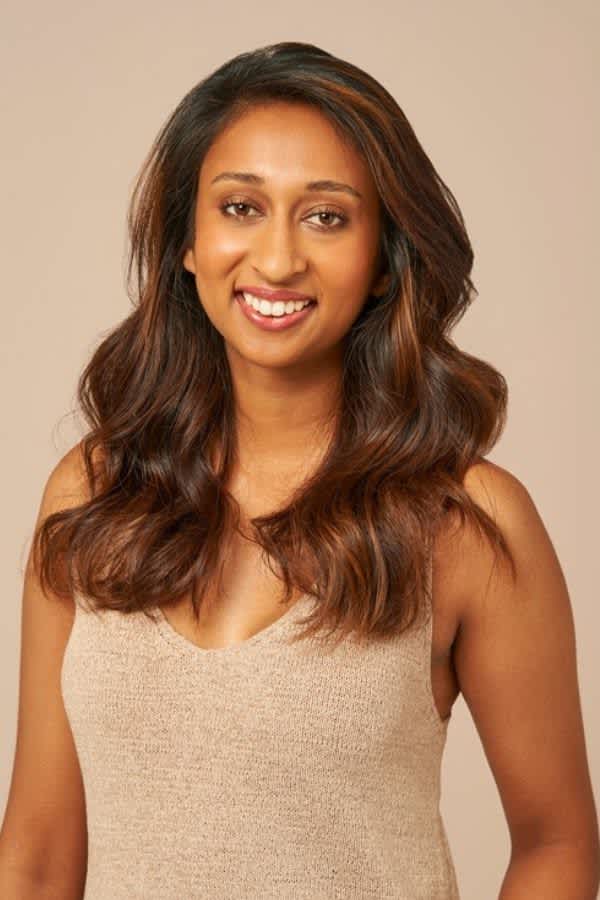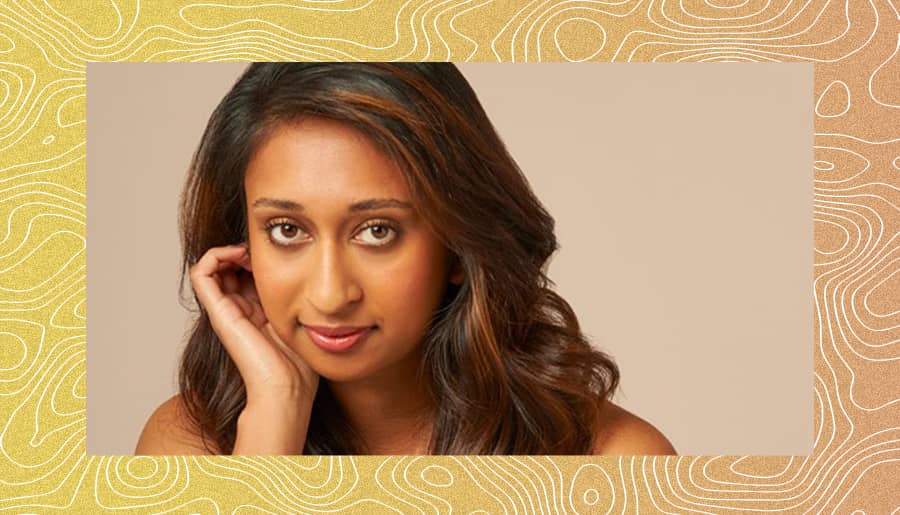As told to Lucy E Cousins.
When I was 23, I was at the gym and I was taking a selfie when I felt a little bit of a lump in my breast. I wasn’t too worried because there’s no history of any kind of cancer in our family, and I wasn’t into smoking or doing drugs, or anything like that. I was pretty optimistic back then. I’m one of those nothing-can-defy-me, I’m-powerful — one of those types of people.
I decided to ask my GP about it. She said, “It’s probably nothing, but we’ll get you an ultrasound just be safe”.
I told my mum and she suggested we get an ultrasound with our family doctor, who had a look but said it was fine, and everything was normal.
So, I go back to university and two weeks later, I get a call from the health department telling me I needed an ultrasound. I tried telling her that I already had an ultrasound, but my previous one hadn’t been registered in the system. She told me that I had to come in for another one because otherwise, they’ll keep calling me. She pretty much saved my life.

Expecting the same result as before, I went in for another ultrasound, but was told I needed a biopsy as well. I wasn’t too worried, though, as I had convinced myself it was nothing. When they called me for the results, I asked for them over the phone, as I had a really busy day, but they said I had to come in-person. That’s when they told me it was stage zero breast cancer. That was the biggest shock.
After that appointment, I looked up everything I could. Because once I was diagnosed, I wanted to do all my own research. And I was terrified. Just 10 days after that, I had a mastectomy to remove my left breast.
It all happened so fast. I didn’t really have time to digest it because I was feeling fine, I had felt that there was nothing wrong with me. My parents were with me the whole time and they were pretty scared for me, which is understandable. It was so stressful because it happened so quickly and we didn’t know what to expect.
When I woke up after the surgery I was pretty high on drugs so I felt like I was walking on clouds for a little bit. But I remember looking at myself in the mirror and thinking, “How can this be me now?”
Once they did the surgery, they found out that it was actually a grade two invasive cancer. I was extremely lucky that we found it because I wouldn’t have known what it was otherwise. And it was aggressive and would’ve spread. That surgery had actually saved my life.
A little while after that I wanted to get the other breast removed — the right one — because I was just terrified of it happening again. Throughout the whole process, you’re told all about the surgery and medication, but no one ever talks about how you are going to feel emotionally and mentally. No one really warns you about those feelings.
I feel like there’s a real lack of support for women that have been through this, which is why I’m such a big advocate for Pink Hope, an Australian preventative health hub helping to reduce the risk of breast and ovarian cancer. I love everything they do to support women going the same thing that I went through.
Ultimately when it comes to your health, though, you need to follow your gut and always get things checked out because it’s so much better if you find things early, rather than when it’s too late. It sounds like generic advice, but there’s nothing better than advocating for yourself.
I was 23 when I found the lump and I’m 29 now, but like all twenty-somethings, I thought, “breast cancer is something that happens to older women, not me”.
Breast cancer is the most commonly diagnosed cancer in Australia. In 2021 alone, it is estimated that 19,866 women and 164 men in Australia will be diagnosed with breast cancer. That equates to 1 in 7 women being diagnosed with breast cancer in their lifetime.
Pink Hope’s Bright Pink Lipstick Day (held on September 17 this year) encourages Australians to facilitate conversations around their own health, especially around hereditary cancers.
Read more stories from The Latch and subscribe to our email newsletter.







